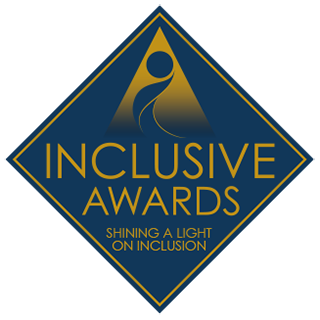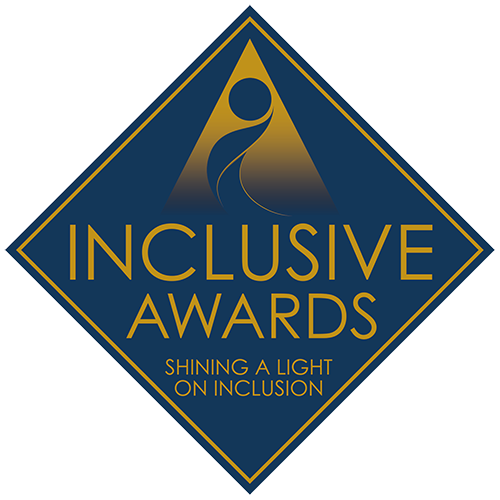Hi, I’m Coral.
I am the eldest of 4 children, having to look after my brother and sisters when both my parents worked in factories/shops or as cleaners. Growing up, I had to have paid employment, otherwise I would not have sanitary products. I had my first paid job at 11 and saved my first pay to take the kids to see Santa. I was brought up to look out for others, and also used my first pay to buy chocolates from the market for some of the older people on the milk round I worked on, and visited them in my time off.
I was lucky to be good at school stuff, and to gain a full college and then university grant. At university, I specialised in the civil rights movement and wrote my dissertation about feminism in factories.
I didn’t know what to do after University – working in an office was considered well above me. So I temped in contact centres, and in factories. My first real job was to act as the liaison between a factory shopfloor and office. I was given a small team of even younger women. One of my team was groped on the shopfloor. I found her crying in the toilets. When I complained, the perpetrator was removed immediately. But I did not stay long, and knew I needed to be the person to make the change.
Since then, I have dedicated my life’s work to inclusion. For over 20 years, I have worked across all sectors to drive inclusive cultures that deliver better outcomes for customers, colleagues and communities. My achievements include:
My first role in inclusion was with Wakefield Council, where as the project manager for Stepping Up, I delivered a program of development for over 2000 women and ethnic minority colleagues. When I joined the council there were no women in senior leadership; when I left, half of the Board were female and included a jobshare.
I then worked for BITC, first as a consultant working supporting central government teams, and then as the diversity programme manager, coordinating business response to the Equality Act.
As the Culture and Diversity Consultant for the Civil Nuclear Constabulary, I introduced a national code of ethics, and addressed the findings of the McPherson Review.
At Amey, I introduced D&I into engineering. I led a team to create a girl guide badge for engineering, and in partnership with Scope, I introduced accessibility and inclusion checks for designers creating the cities of the future.
And in my current role at HSBC UK, I have I introduced a systematised approach to inclusion, which drives inclusion into HR, customer experience, community outreach, comms & marketing, procurement, in fact every part of the business. I lead 18 ERGs with 20,000 employee members. And through my wide programme of work, there have been measurable improvements, including:
– Increasing female leaders by 50% and doubling Black leaders – with executive targets linked to pay
– Reducing multiple double digit diversity gaps in our employee survey to less than 5 points or for Black colleagues from 15points to 1.
– In external assessments, I have led improvements from Bronze levels scores to the top levels. HSBC UK was named Ethnicity Employer of the year 24, 3rd in the Stonewall Index, and 37th from 67th in the Social Mobility Index.
– ERGs are now involved in building re-design, including the launch of our most accessible branch ever, and the design of our new Global HQ.
– And I could go on.
And so much more.
Not bad for a working class girl from Portsmouth!



